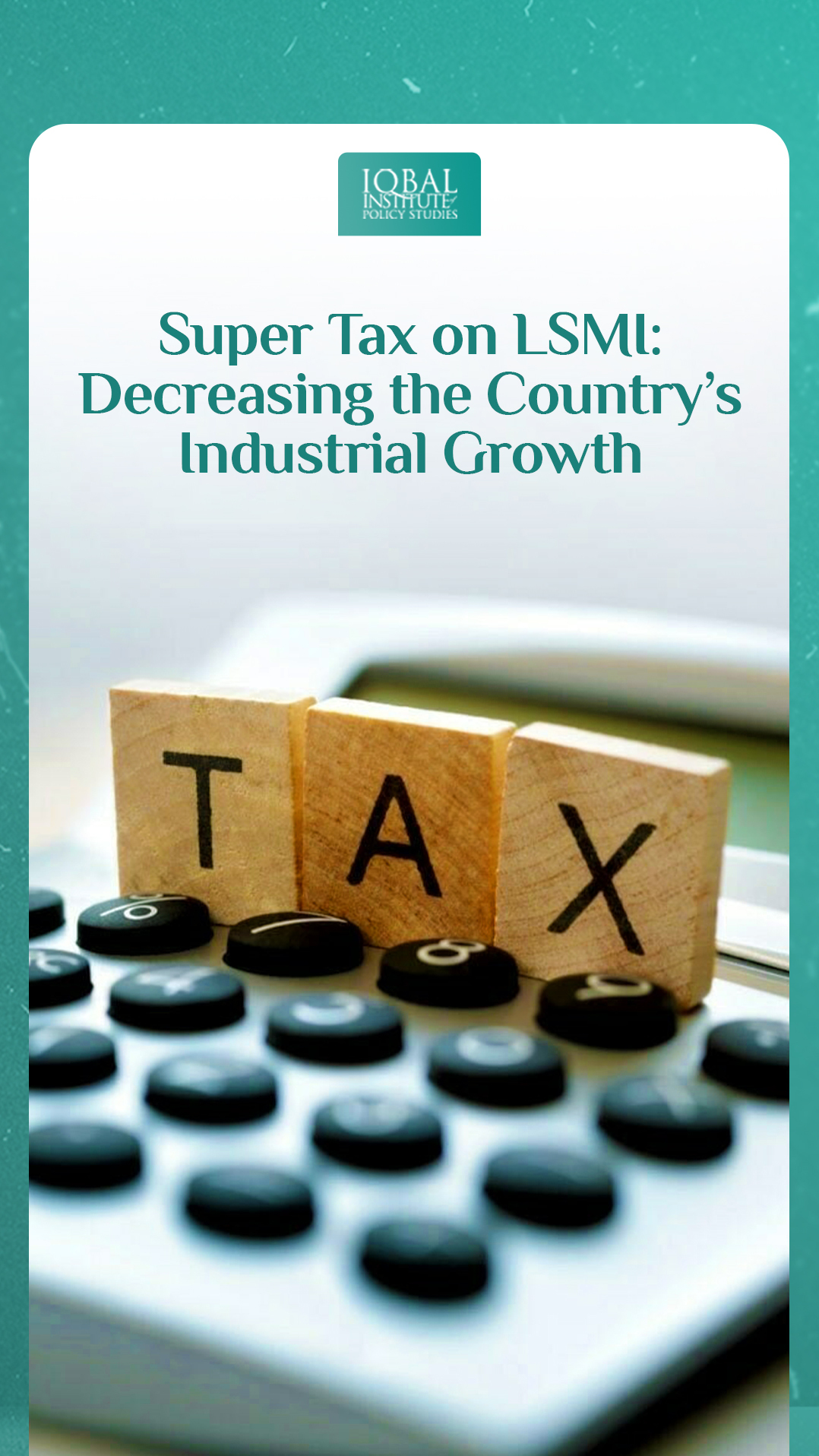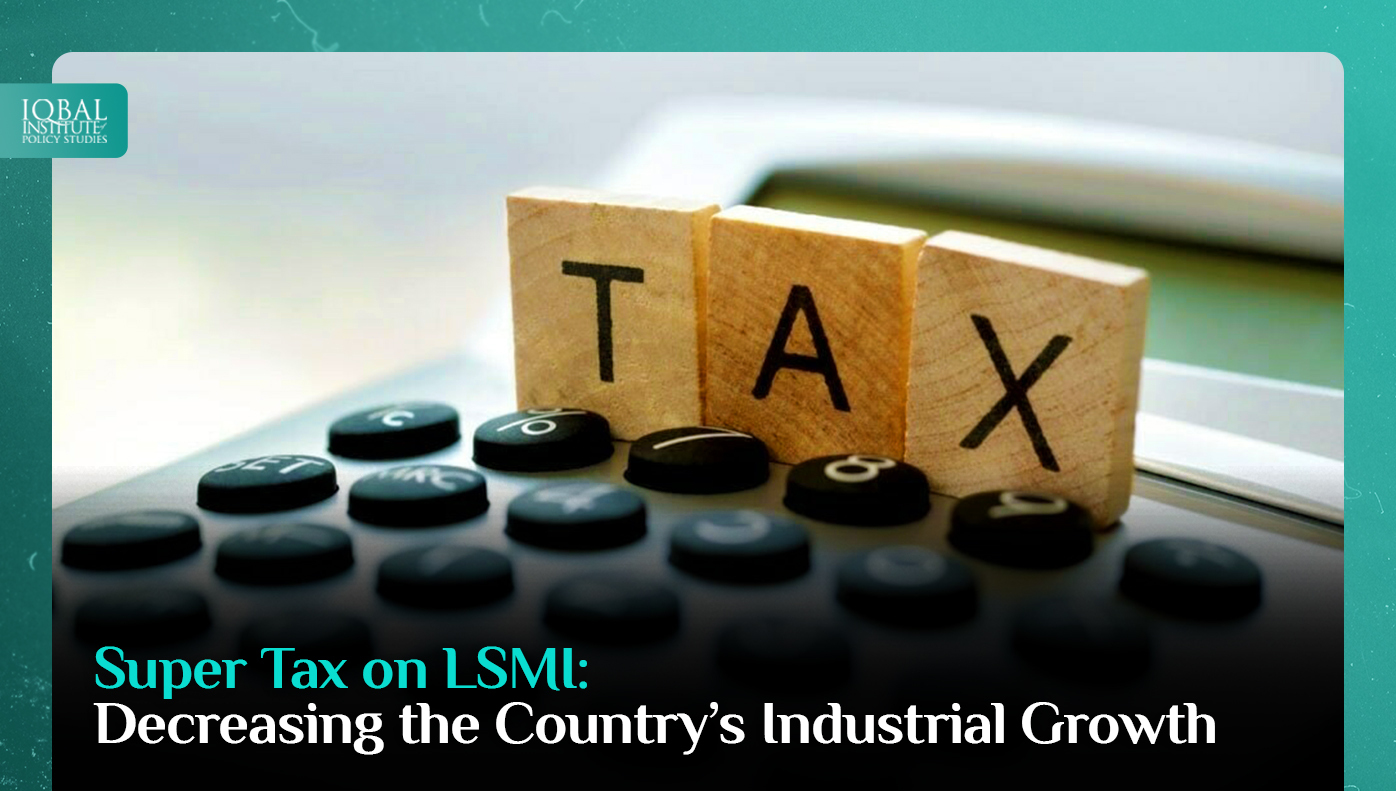Currently, the country is passing through a difficult phase, from increasing inflation to political instability, from rising crime rates to decreasing economic growth. To counter the stumbling situation, the government and concerned authorities are taking several steps. Some of these have proven to be productive, but some can negatively affect the economy. For instance, amid rising inflation, the Supreme Court has ordered a 4% super tax on Large Scale Manufacturing Industries (LSMI).
Last year, in a bid to shore up revenues, the FBR imposed a super tax of 10% on 13 industries earning more than Rs150 million. The industries included cement; steel; sugar; oil and gas; fertilisers; LNG terminals; textiles; banking; automobiles; chemicals; beverages; and cigarettes. However, after the announcement of imposing these taxes, industrialists and manufacturers started resisting such budgetary measures calling it an anti-industry step as it would affect industrial growth and adversely affect many end-users. Large industries are already paying a hefty corporate tax of 29 per cent, but the additional 10 per cent of super tax will badly affect industrial production. Amid the rising resistance, the decision was challenged on many levels and ended up as a negative step for the country’s industrial growth.
The current imposition of a 4% tax might become a negative step for industrial growth as it can increase unemployment and hurt the industrial sector, which is the second major sector that creates jobs after agriculture. In Pakistan, industrialisation is picking up pace. However, tax measures will halt the process. The industry already contributes 56 per cent of the total revenue, and the sectors that will bear the brunt of the super tax contribute around 70% of the industry’s tax revenue. Therefore, this approach of taxing the already compliant taxpayers is not sustainable. It has been noted that the manufacturing industry pays heavy taxes, three times more than its share of the economy. Therefore, imposing another tax will discourage industrialisation in the country.



Leave a Reply